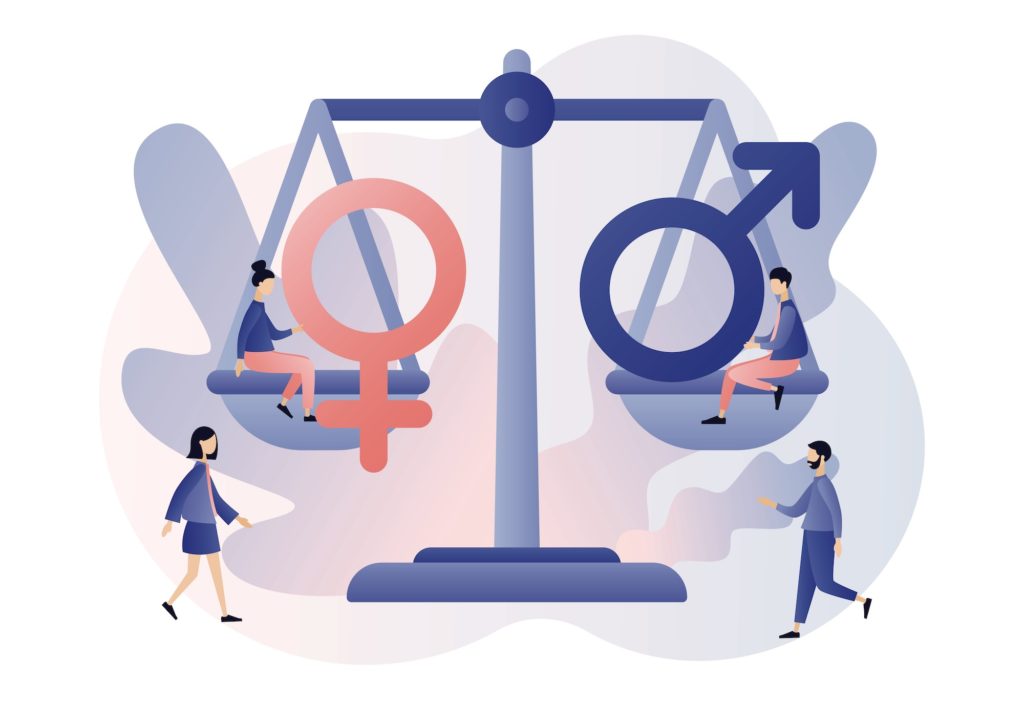In 2020, we conducted our fourth year of family business research to gain a deeper understanding of the unique intricacies of family business dynamics. The 2020 research focus was a follow-up to the Women Leaders in Family Enterprises (WLife) research of 2019 and examined the perspectives of the next generations (Gen Y and Gen Z) to assess how they have been impacted by the generation of women leaders that came before them.
We sought to understand how the previous generation of women has helped to shape the thinking and actions of the rising generation on significant topics, such as gender in family business, the effectiveness of women in leadership positions in family businesses and challenges they expect to confront in the future.
Leadership Effectiveness and Role Models
The 2020 research participants made no generalisations about the effectiveness of female leaders at their organisation; rather, participants evaluated each leader’s effectiveness within their respective roles, indicating that leadership effectiveness was not a result of gender but was specific to the individual.
Most respondents had worked with strong female leaders from previous generations and noted several female role models, most frequently other family members, including mothers, grandmothers and sisters. Participants also identified strong female leaders in other organisations and pinpointed admirable leadership characteristics of these female leaders, including grit, compassion, work ethic, confidence and humility.
Interestingly, the female research participants also listed admirable leadership characteristics that are most often associated with male behaviour, including having a forward-looking vision, strong confidence, intelligence, the ability to fight for what is right and a lack of fear of stepping on toes.
Listing characteristics that are most often associated with male behaviour could be caused by the imposter syndrome, which continues to persist among many women in family enterprises. These female participants may even feel the need to develop and use traits and exhibit behaviours that are traditionally thought of as male-centric in order to succeed in their respective industries.
Gender Bias in Family Business
Perspectives on gender were noted as being generationally different. Strong gender biases were identified as a way of thinking for older generations; this “old school” mindset is so deeply rooted that it may even be an unconscious behaviour. While most participants felt that their companies, as well as society overall, were moving towards gender equality, several participants – particularly women – noted that gender bias still exists, even in their family businesses.
Participants suggested ways in which their organisations and next-generation leaders could move forward to overcome gender-based obstacles and biases and expressed their expectations of the future leaders of their organizations. Closing the gender bias door will require time and patience to educate rising generations, enforce the idea that this practice is no longer acceptable and get used to more women taking on visible leadership roles.
Looking Ahead
The respondent group has demonstrated very high expectations for the next generation of women leaders in their family enterprises. Female participants are expecting more women to step up into leadership roles, while male respondents are expecting their male colleagues to become increasingly aware of their own conscious and subconscious biases.
Based on this research, it is clear that the rising generation is focused on building the foundation for the future, despite the cloud of COVID-19 hanging around the world. The female respondents plan to grow their companies and implement their succession plans in the coming future. However, old ways of thinking do not give way easily, and many female respondents feel that they need to continue to prove to their family members that the company will indeed thrive under their leadership. Conversely, male respondents are looking forward to taking over CEO roles and are looking into following coaching courses to build strong one-on-one communication skills in a nod towards strong self-awareness.
Even with this focus on the future, the respondents are well aware that they will face many challenges along the way. The female respondents have expressed their anxiety about the long-term negative impact on the economy that COVID-19 will cause and are unsure of how it will affect their families and companies. As they go through generational transitions, they are also concerned with navigating the relationships that those who came before them have built.
Similarly, male respondents are wondering how their family businesses will look in the future and are considering whether they even want to encourage the next generation to become involved. They are also concerned with creating a balance in a world that has become increasingly focused on the “24/7” mindset.
Sometimes, it is necessary to look back before we can go forward. History is a good teacher, and combining history with the women leaders of previous generations who affected these survey participants can produce a significant impact on these young men and women, including on their values, mindsets and skillsets.
The next generation of young leaders in family enterprises will certainly have their work cut out for them, as they are addressing complex issues that will impact their companies and families, including technology, succession and the economic and health impact of the global pandemic. They will also need to maintain team, family and customer relationships in a socially distant world and learn to navigate through biases that impact women, the LGBTQ community and other minority groups.
Despite the challenges that they will surely face, these young leaders are determined, self-aware and well-equipped to face them. They take with them the values, power, grit and work ethic, as well as clarity on the need for balance, determination and skills, that they have learned from the women who came before them.
These women have clearly left their mark on the rising generation and the companies that they will shepherd into the next decade and beyond. They have laid the foundation to build and enhance the family legacy that they respect, honour and cherish.
A dedicated research project on women leaders in family businesses conducted by the Hawai’i-based consulting firm Business Consulting Resources (BCR)

